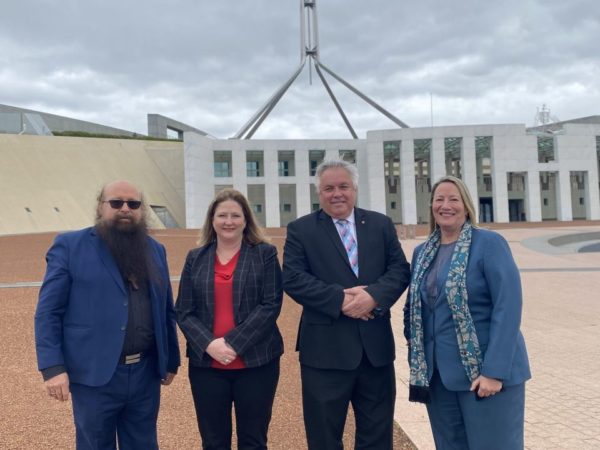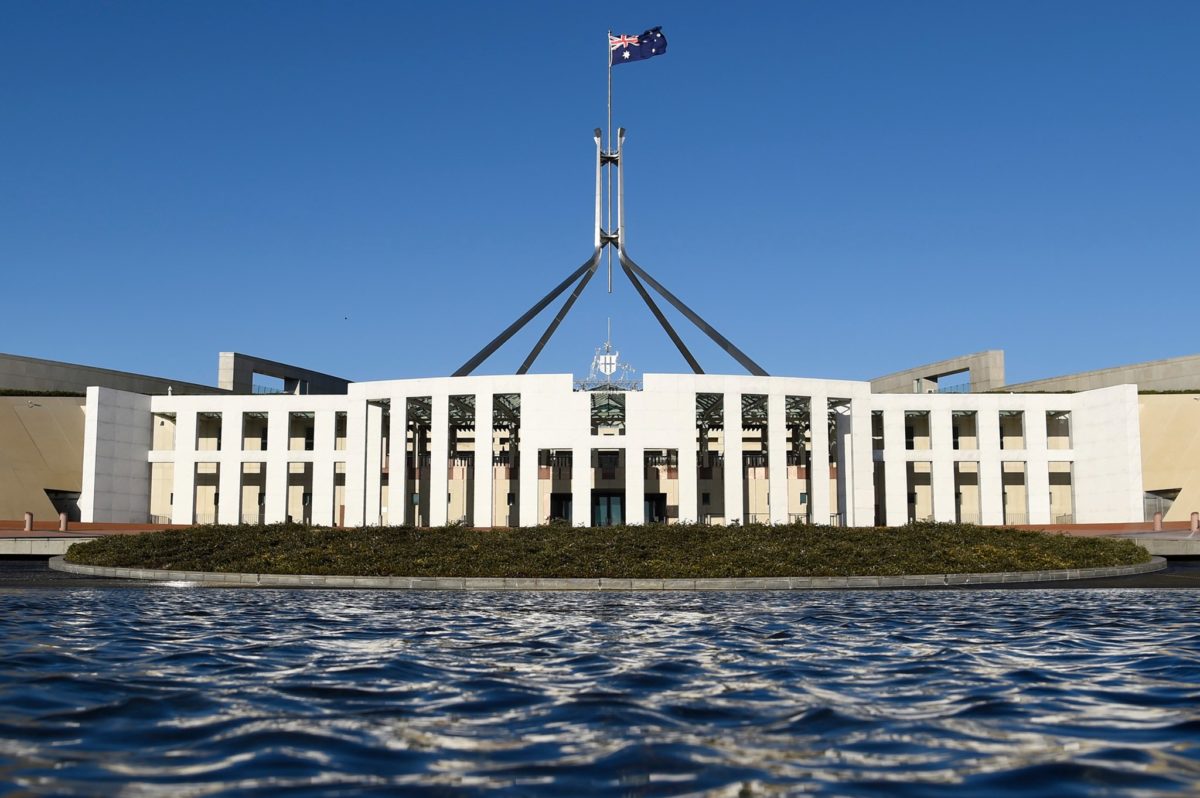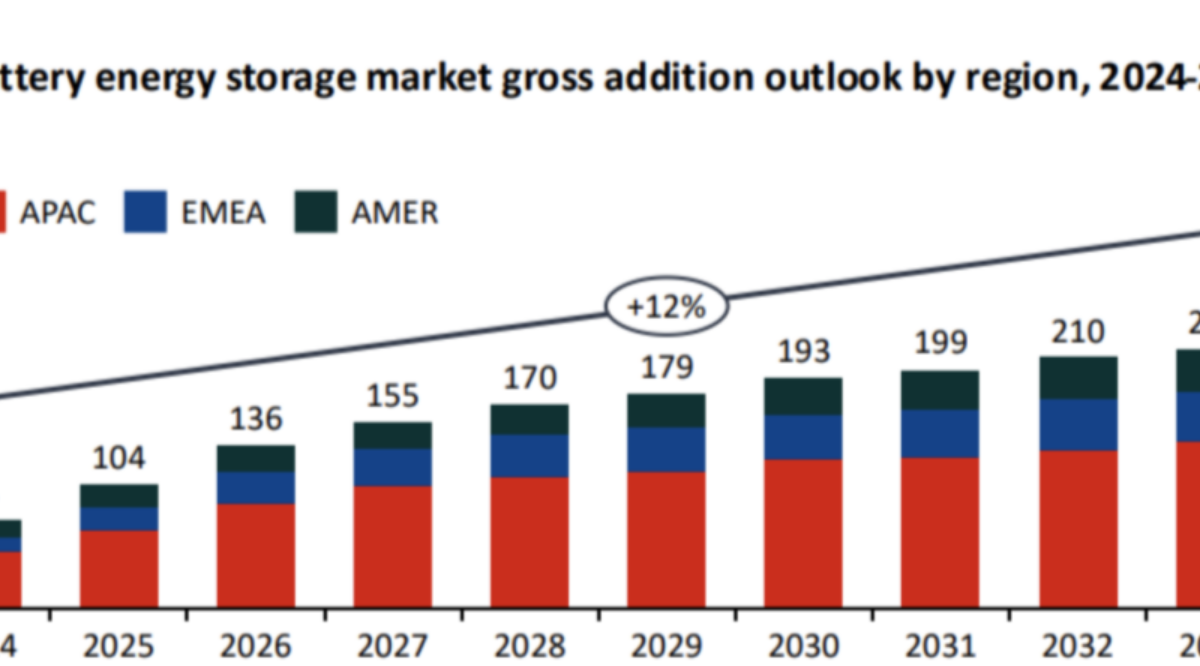On Monday, Centre Alliance MP Rebekha Sharkie introduced the ‘Customs Amendment (Banning Goods Produced by Forced Labour) Bill 2021’ into the federal House of Representatives, building on a bill of the same name initially proposed by independent Senator Rex Patrick.
While the current bill is not specific to one particular region, Senator Patrick’s earlier proposition centred on allegations of forced labour of China’s Uyghur population in the Xinjiang province, making it particularly consequential for the solar industry. Many Chinese polysilicon and metal silicon producers, key building blocks in crystalline silicon PV modules, operate production facilities in the Xinjiang region.
While China has strenuously denied the allegations of forced labour, the United States began detaining vast quantities of solar module imports from China in June of this year after legislating a ban on imports suspected of using forced labour.
Senator Patrick believes it’s time Australia’s solar industry took note. “The signals are already being sent to the industry that that inexpensive line of supply is no longer acceptable from a moral and ethical perspective,” Senator Patrick told pv magazine Australia.
“Businesses have to operate in a manner that is profitable, but also moral and ethical,” he said. “I’m not going to shy away from putting those moral and ethical obligations ahead of the bottom line of some people … They have to make changes, and I make no apology for that.”
Around 80% of solar panels installed in Australia are sourced from China, according to the Clean Energy Regulator.
The situation as it stands
MP Sharkie’s bill comes off the back of Senator Patrick’s bill of the same name which passed the Senate in August but languished in the Coalition-controlled House of Representatives without the Morrison government’s support. Senator Patrick was subsequently in discussions with MP Sharkie, who introduced a second iteration of the bill into the lower house this week.
“Australia cannot turn a blind eye to what is essentially profiteering from forced labour,” MP Sharkie told pv magazine Australia. “The United States has taken a stand on this issue. Australia needs to do the same.”
“Passing this legislation sends a clear message to the Chinese government,” Sharkie added.

Image: Rebekha Sharkie MP
What’s next
It’s possible the Sharkie bill, like Senator Patrick’s earlier attempt, will not pass the House of Representatives without Morrison government support. On Monday however, the Human Rights Law Centre, the Australian Council of Trade Unions, the Australian Uyghur Tangritagh Womens’ Association, and Be Slavery Free called on the government to back the legislation.
The groups also asked the Coalition to implement all recommendations made by the Senate Committee on Foreign Affairs, Defence and Trade, which earlier this year heard testimony of alleged mass internment and forced labour by Uyghurs and other Turkic Muslims. Those recommendations include ensuring legislation can be robustly enforced, including additional investigative powers and resourcing for Australian Border Force and a rebuttable presumption that goods will be detained where evidence reasonably indicates the use of forced labour.
Whether or not MP Sharkie’s bill passes the lower house, Senator Patrick has vowed to keep pushing to ban imports suspected of using forced labour. “Governments are like big concrete balls rolling down a hill, you can stand in front of them and get squashed or you can push on the side for some period of time and it will change course. What I’m doing is pushing on the side of that concrete ball and looking to get a change in direction,” the senator said.
Solar industry blackout
In terms of what this could mean for Australia’s solar industries, Senator Patrick likened it to South Australia’s infamous state-wide blackout in 2016, which compelled the state to make investments which helped it become the global leader – but made for a bumpy transition. Likewise, he said if Australia’s solar industry fails to shift problematic supply chains, they too run the risk of having to be forced to gracelessly transition to more ethical practices. “We can bring along a bill that causes the solar panel blackout, but we’d be much better off doing it the right way around,” Patrick said.
The senator described himself as “proud” that his home state, South Australia, today leads Australia’s renewable energy transition, and believes a stronger stance on forced labour would actually bolster Australian solar businesses. Last week, the senator told Sky News: “solar panels are a good example of a product that could be made here in Australia but Australian businesses have no way of competing…”
Despite being largely credited as the birthplace of modern silicon solar cells, Australia currently has just one solar manufacturer, Tindo Solar in South Australia. While industry responses to allegations of forced labour have been strikingly muted here, the push to bring more renewable industries onshore enjoys widespread support. For Senator Patrick, a ban on suspected forced labour imports is crucial for making that happen.
Phased transition concession
While his initial bill did not recommend a phased introduction, Senator Patrick said he would be supportive of such an amendment to help with the logistics of transitioning supply chains. He also conceded additional intelligence capabilities would likely need to be established.
Speaking to the issue of verifying supply chains, however, Senator Patrick said: “I don’t think it is as big of a problem as what it’s made out to be and, indeed, I would suggested that we would cooperate very closely with the Department of Homeland Security in the United States and other likeminded customs organisations around the world and approach this in that multilateral manner.”
“I think there are ways to find solutions, but you have to have a will,” he added.
The senator also noted technological advancements are making it easier to track the origins of raw materials, though it is not clear to what extent this applies to solar industries, which of course will not be the only industry affected by the proposed ban. Textiles industries, for example, would also be impacted by such legislation.
Global pressure mounts around forced labour issue
In her address to the lower house on Monday, Sharkie said it is estimated between 38 to 46 million people globally are subjected to modern slavery, of which more than 10 million are children.
“This bill is too important to be subject to the usual politicking of this House,” Sharkie said in her introduction. “It must not be sent off to committee to be left on the table to expire. We have the opportunity to actively join the international community and make a positive difference to the lives of the most disadvantaged people in the world.”
The proposed bill is a substantial progression on Australia’s Modern Slavery Act, which requires all businesses with an annual turnover of $100 million to publish “modern slavery statements” each year. The Act passed in 2018 and is due for its three year statutory review on Dec. 10. While Australia’s Modern Slavery Act has been broadly welcomed, it is largely focussed on oversight and does not penalise companies that fail to comply.
“Australians would be horrified to know there is no law in place to stop goods made with forced labour ending up on our shelves. The Australian government should take this opportunity to strengthen its modern slavery laws, by introducing a robust and transparent forced labour ban that places the onus back onto importers to show their goods are slavery-free. We should all have confidence the goods we purchase are not made at the expense of other peoples freedom,” Freya Dinshaw, Senior Lawyer at the Human Rights Law Centre said of the bill yesterday.
This content is protected by copyright and may not be reused. If you want to cooperate with us and would like to reuse some of our content, please contact: editors@pv-magazine.com.









It is about time Australia “grows up” and develops its PV Panel Manufacturing Capability on its own.
Does Australia doubt the ability(s) of Australian folks to make their own Panels… in Australia…????
The earlier Australia starts… the earlier will Imports will stop…. TOTALLY… I hope….
There are an estimated 1.5 million prisoners forced to work in the United States. Forced labor is used in a significant portion of American manufacturing and thousands of corporations sell goods made with free labor or workers paid $1 to $3 per day. American customs have detained solar panels made with forced labor in one region in China while supporting forced prison labor happening at home.